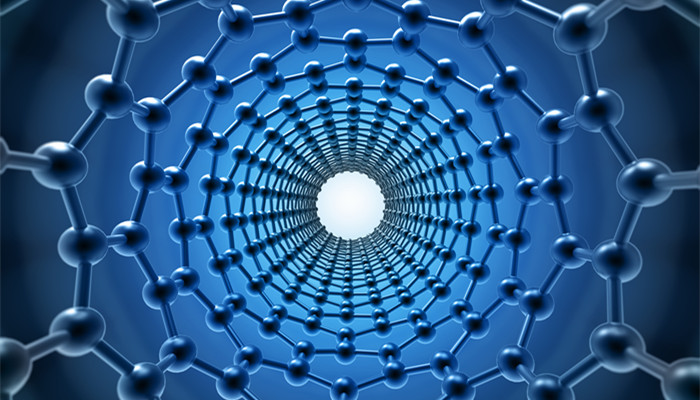
The market space for high thermal conductivity substrate materials is increasing and my country’s research and development capabilities need to be improved
Substrate material is the basic material for manufacturing semiconductor components and printed circuit boards. Thermal conductivity of substrate materials varies from a few W/mK to several thousand W/mK. Thermal conductivity, also called thermal conductivity coefficient, refers to the ratio of heat transferred per unit horizontal cross-sectional area to the temperature gradient per unit time. Thermal conductivity is an important parameter for evaluating the thermal performance of substrate materials. The greater the thermal conductivity value, the higher the thermal conductivity efficiency of the substrate material.
With the continuous advancement of science and technology, the continuous expansion of application fields, and the continuous improvement of functional integration of downstream products, the high-power requirements of semiconductor components and printed circuit boards continue to increase, and the heat dissipation requirements for substrate materials continue to rise. High thermal conductivity substrate materials have become a development trend. High thermal conductivity substrate materials can improve the heat dissipation efficiency of semiconductor components and printed circuit boards, meet their high frequency and low power consumption requirements, ensure their performance stability during continuous operation, and extend their service life.
According to the“China High Thermal Conductivity Substrate Materials Industry Market In-depth Research and Development Prospects Forecast Report 2023-2028” released by the Industrial Research Center It shows that at this stage, high thermal conductivity substrate materials mainly include ceramic materials, metal oxides, polymers, composite materials, etc. Ceramic materials usually have the advantages of high thermal conductivity, high temperature stability, low thermal expansion coefficient, good mechanical strength, chemical stability, etc., and have a high proportion of applications. Representative products mainly include silicon carbide (SiC), boron nitride (BN), Aluminum nitride (AlN), silicon nitride (Si3N4), etc. Among them, silicon carbide ceramics and aluminum nitride ceramics have better thermal conductivity.
High thermal conductivity substrate materials can be widely used in electronics, communications, medical care, automobile transportation, aerospace, military industry and national defense. From the perspective of the electronics field, my country’s consumer electronics market will reach 1.86 trillion yuan in 2022. At this stage, the update and iteration of consumer electronics is accelerating, and the degree of functional integration is constantly improving. However, the trend of product miniaturization is obvious, the working environment of semiconductor components and printed circuit boards is becoming increasingly harsh, and the market space for high thermal conductivity substrate materials is rapidly increasing.
From the medical field, high thermal conductivity substrate materials are indispensable in the manufacturing of new generation medical equipment. Take PET (positron emission computed tomography) as an example. PET is a kind of medical imaging equipment that plays an important role in the diagnosis and treatment of tumors, coronary heart disease, and brain diseases. When it works, it requires high thermal conductivity substrate materials to improve the core components. The heat dissipation efficiency of components to ensure the performance stability and service life of the equipment. In 2022, my country’s PET equipment market size will be approximately 1.032 billion yuan, driving the demand for high thermal conductivity circuit substrate materials for PET to grow.
Industry analysts said that the research and development and production of high thermal conductivity substrate materials are characterized by high technical barriers, and my country’s mid-to-low-end substrate materials have achieved independence production, but the research and development strength of high-end products is still insufficient, and the market is highly dependent on external parties. The Chinese government is paying increasing attention to high-performance materials, and relevant encouragement and support policies have been introduced one after another. In the “14th Five-Year Plan” Medical Equipment Industry Development Plan, it is proposed to focus on researching high thermal conductivity circuits for positron emission computed tomography (PET). Substrate materials, etc. Driven by policies, the strength of my country’s high thermal conductivity substrate material industry is expected to gradually increase.

 微信扫一扫打赏
微信扫一扫打赏

